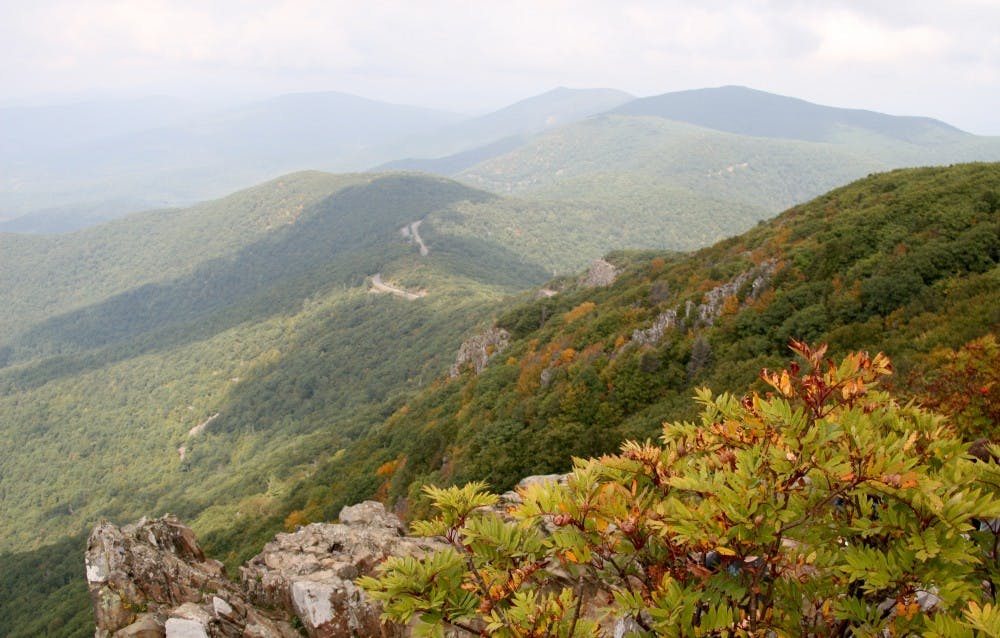I love Philly and feel so lucky to have gone to college in this city of brotherly love. But being here all summer studying landed me with an acute case of the cabin fever. Although Philly in the summer means an abundance of activities, I missed trees and the scent of crisp air and I felt an overwhelming need to get outside.
Turns out, this pining is just the tip of the iceberg of a much bigger problem. As the shift towards urban living continues with full steam ahead, experts have noticed a concomitant increase in and potential link to the prevalence of mental illnesses. Researchers at Stanford released two studies this summer that present a solution: nature experiences.
Street reached out to Greg Bratman, the Stanford doctoral student behind the studies. He said he was inspired to begin his research because he felt that, “not enough was being taken into account as open areas were developed into buildings.” With that in mind, he developed this project, “to conduct studies to gather empirical evidence about what we might be losing for our psychological wellbeing when we lose open space throughout the country.” Bratman and the rest of the Stanford crew found that just 50-minute nature walks resulted in decreased anxiety, rumination, and negative affect compared to the urban walks. Basically, spending time specifically in a natural environment put people in better moods. Next time you’re deciding whether to run into Center City or through the Woodlands cemetery, keep this in mind.
If you read that last paragraph and had no clue what rumination was, don’t worry. The researchers' second study went more into depth on that particular behavior. Rumination is “a prolonged and often maladaptive attentional focus on the causes and consequences of emotions– most often, negative, self-relational emotions,” and is connected to a higher risk for depression. Bratman found that the participants who went on a 90-minute nature walk self-reported significantly lower levels of rumination. They also showed lowered activity in the subgenual prefrontal cortex, the area of the brain linked to rumination and sadness. So, simply being in a natural environment can actually change the physiology of your brain.
The two studies just mentioned only included healthy participants in order to generalize the results. However, researchers from Salzburg, Austria enrolled high-risk suicide patients in nine-week long monitored hiking programs in addition to standard therapy. After two to three hours of hiking two to three times per week, the participants showed decreases in hopelessness, depression and suicide ideation.
None of these articles claim that Mother Nature has some magical healing property, but they do suggest a legitimate mode of action if you feel down. Bratman even emphasized that nature experiences “cannot in any way be relied upon as a sole solution to the many intricate mental health issues that we face as college students.” He noted, however, “there is compelling evidence for the benefits of nature experience for mood and cognitive function” in addition to counseling. If you know you’ll have a stressful weekend, maybe plan ahead and schedule an excursion as a reward. To treat my bout of cabin fever, my friends and I planned a Labor Day weekend hiking trip. I never felt a hint of Made in America FOMO, and returned happy, calm, and prepared to better handle a stressful day I knew I was coming home to.
While Philly may be as urban as it gets, a good hike is never that far away. Keep on reading for more information about where to go, how to get there, and opportunities at Penn to get away.







